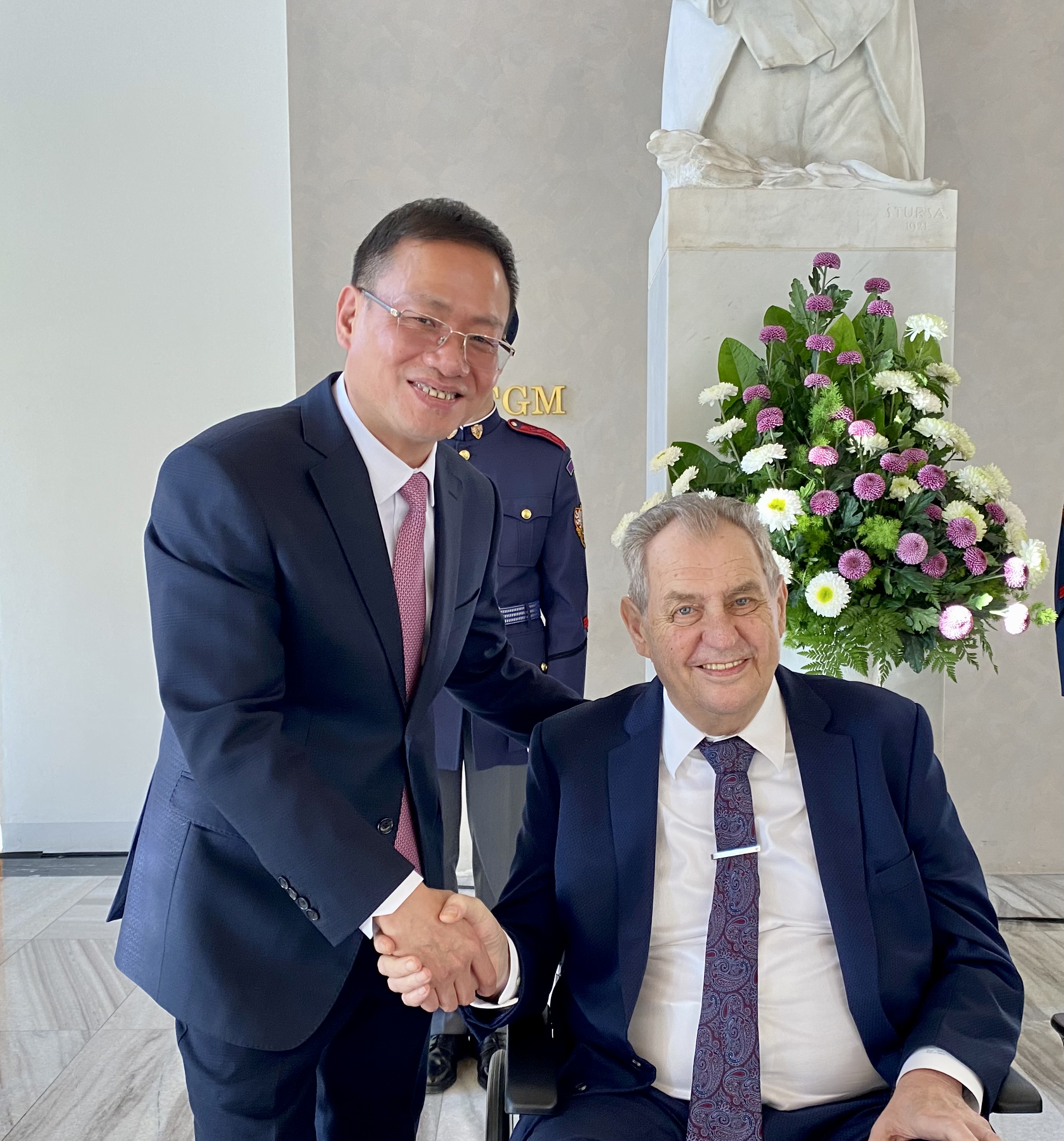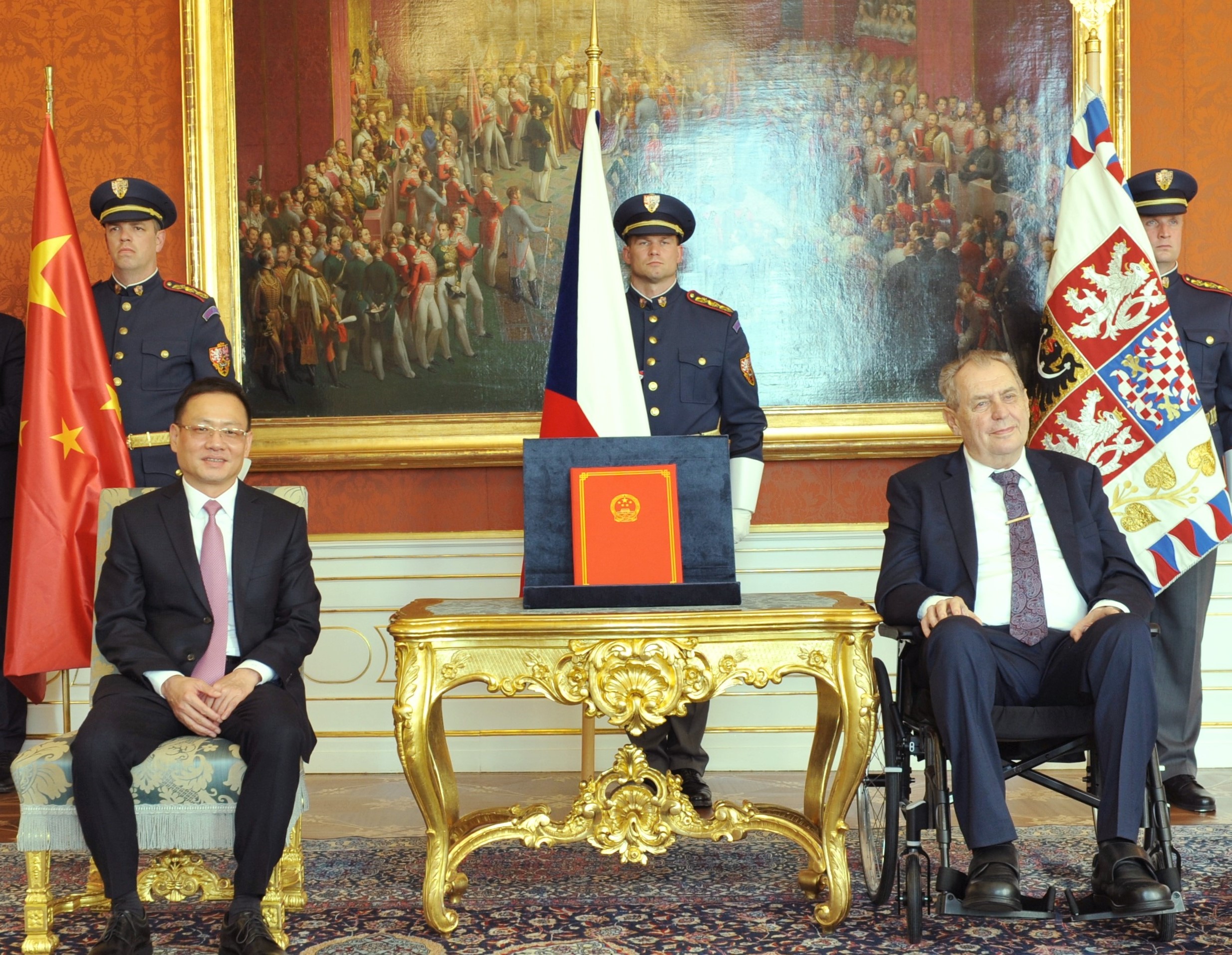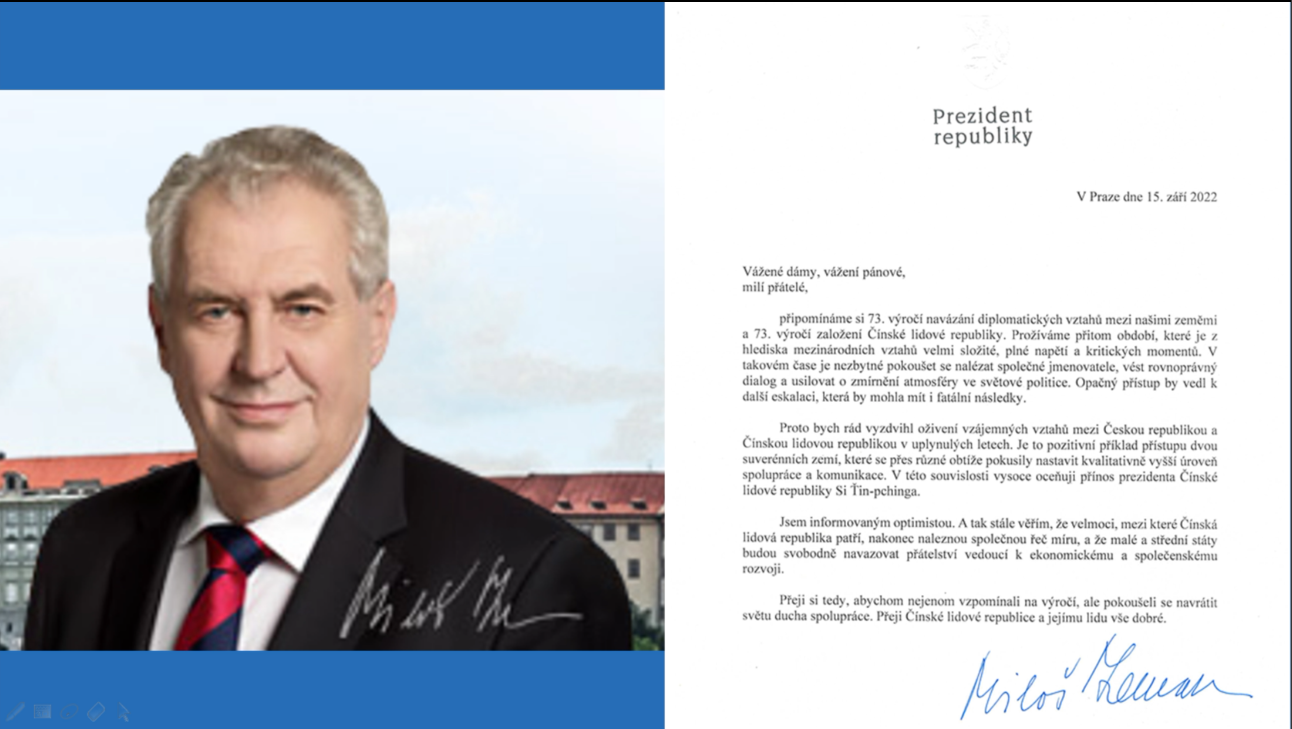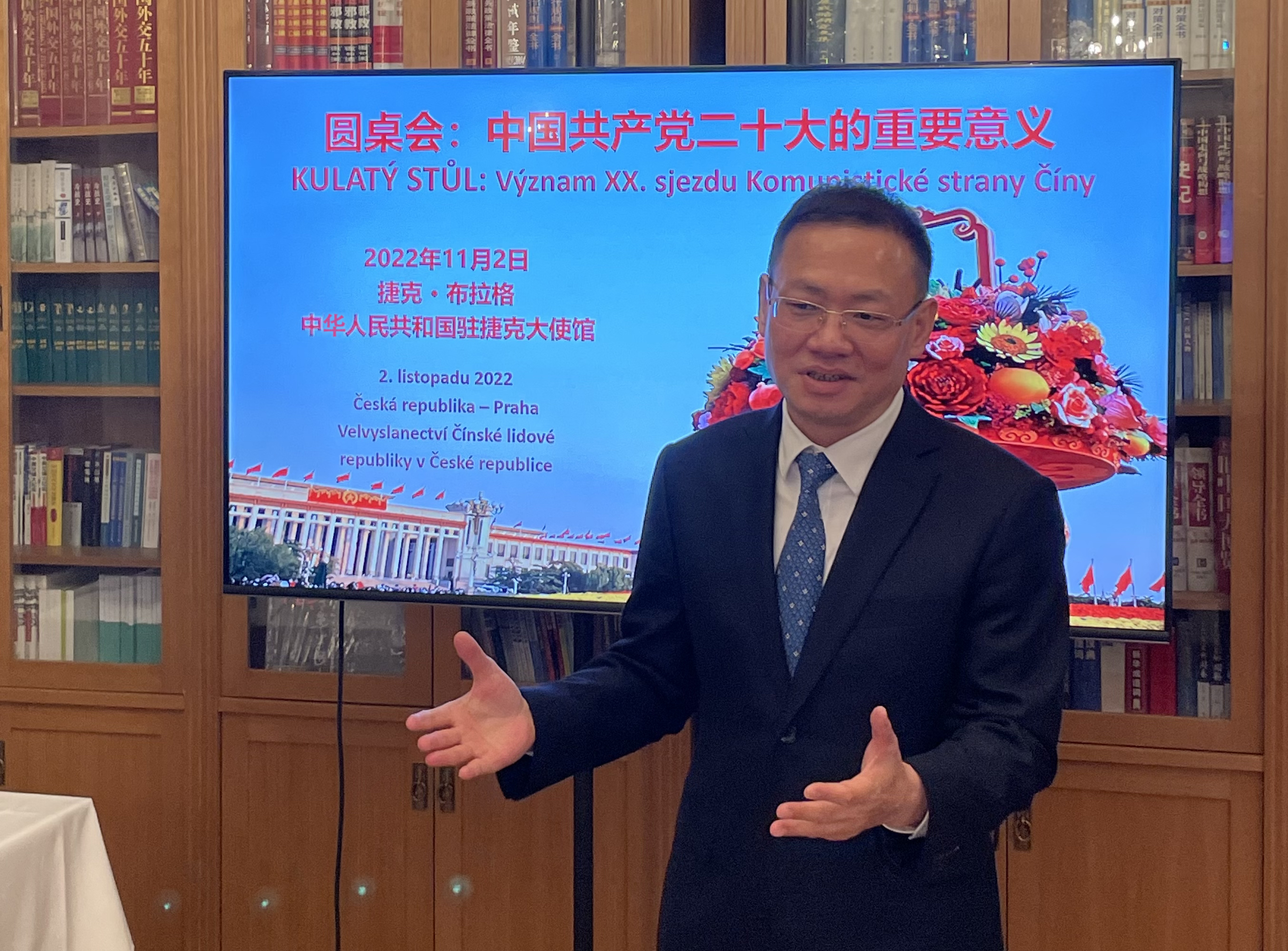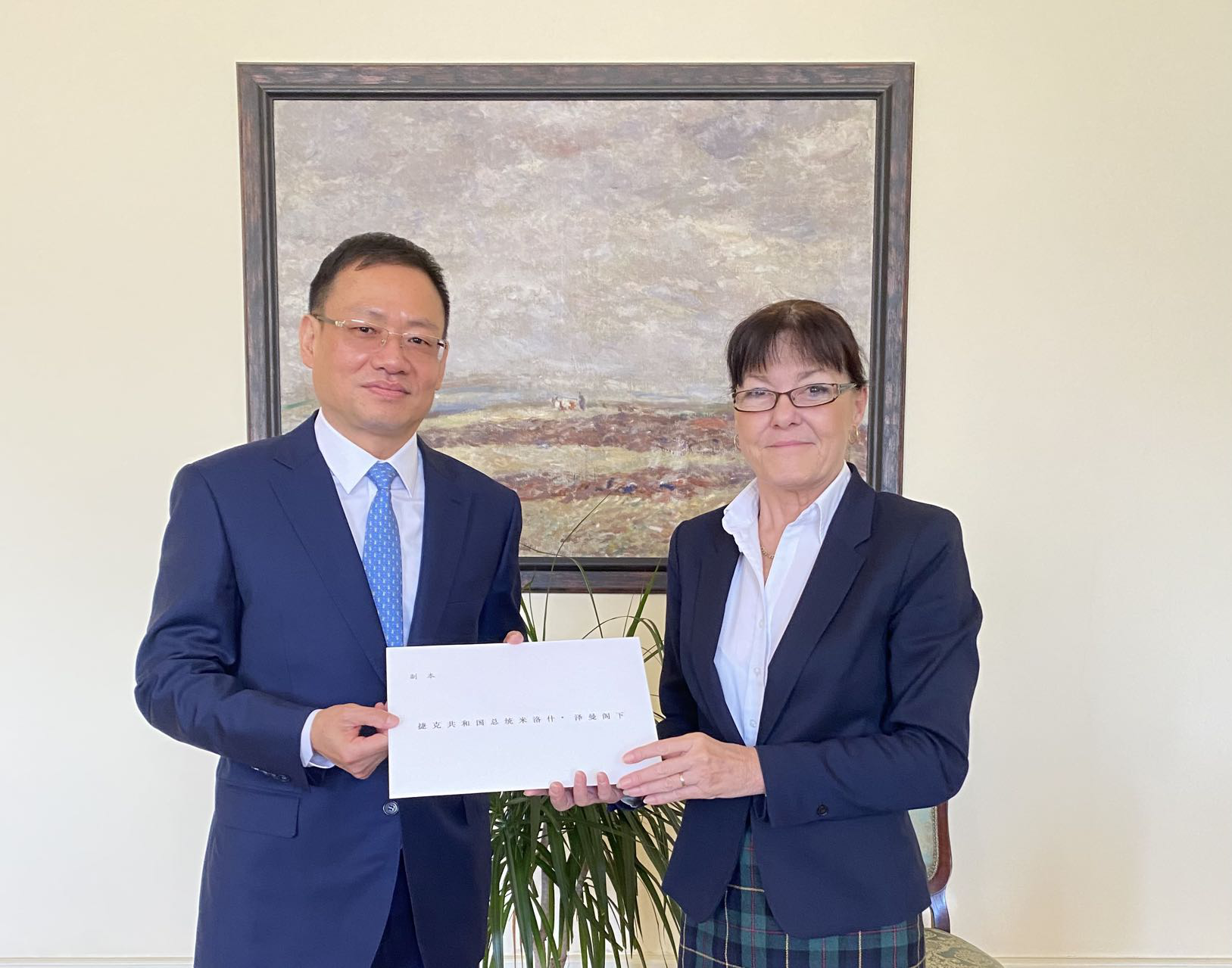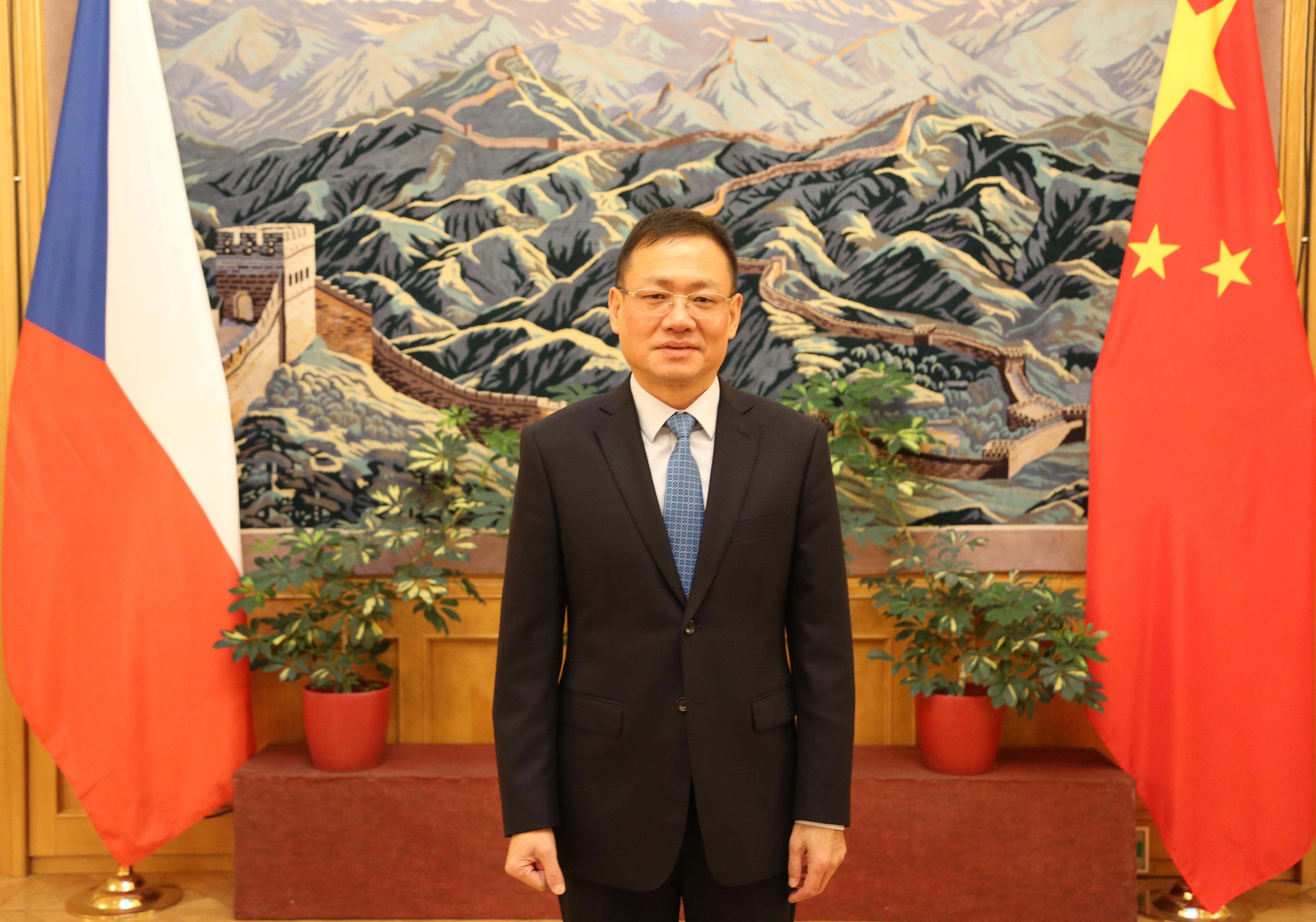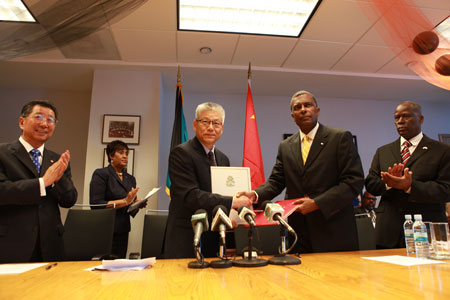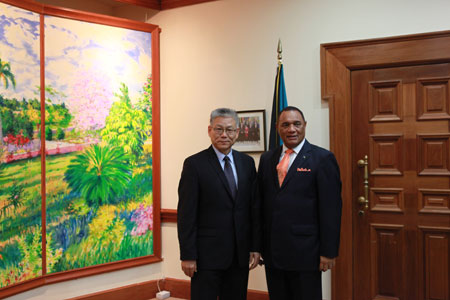| China and Bahamas Sign Mutual Visa Exemption Agreement |
| 2013-12-20 16:18 |
|
On December 19, 2013, Chinese Vice Foreign Minister Xie Hangsheng visited the Bahamas and signed on behalf of the Chinese government the “Agreement on Mutual Exemption of Visa Between the Government of the People’s Republic of China and the Government of the Commonwealth of the Bahamas” with Bahamian Foreign Minister Fred Mitchell. Before the signing ceremony, Xie Hangsheng called on Bahamian Prime Minister Perry Gladstone Christie. Christie said that since the establishment of diplomatic relations in 1997, the Bahamas and China have enjoyed deepening political mutual trust, increasingly closer economic and trade cooperation and more frequent people-to-people and cultural exchanges. The assistance of the Chinese government to the Bahamas and the investment of Chinese enterprises in the Bahamas have greatly promoted the local economic and social development. He believed that with the joint efforts by both sides, the bilateral relations will certainly be further advanced. Xie Hangsheng said that during the visit to the Republic of Trinidad and Tobago in June this year, President Xi Jinping held a bilateral meeting with Prime Minister Christie, reaching important consensus which pointed out the direction for the bilateral relations. For the next stage, China will work along with the Bahamas to fully implement the results of the two leaders’ meeting, further deepen cooperation in all areas and promote sustained and in-depth development of the China-Bahamas relations. After signing the “Agreement on Mutual Exemption of Visa Between the Government of the People’s Republic of China and the Government of the Commonwealth of the Bahamas”, Xie Hangsheng and Mitchell jointly met the Chinese and Bahamian journalists. Xie Hangsheng said that this is the first visa-free agreement covering various passports between China and the Latin American and Caribbean countries. The signing of the agreement will save time and energy of visa application for people from both sides, greatly promote and facilitate mutual personnel exchanges, advance friendship between the two peoples, and further strengthen and promote bilateral pragmatic cooperation in all fields.
Mitchell said that the signing of the agreement on mutual exemption of visa between China and the Bahamas marks a milestone in the diplomatic history of the two countries. It is also an embodiment of the sound diplomatic relations maintained by the two countries for a long time. It will not only greatly facilitate mutual personnel exchanges but also lay a good foundation for both sides to continue to expand and deepen cooperation in all fields. After the signing ceremony, Xie Hangsheng gave an interview to the Xinhua News Agency. He said that with the rapid economic development of China, an increasing number of the Chinese people are going abroad. The signing of the agreement on mutual exemption of visa between China and the Bahamas will provide convenience for the Chinese people to “go global”. The Chinese Foreign Ministry will continue to practice the principle of “people-oriented diplomacy”, namely, to be easily approachable, to understand conditions of the people and to benefit the people’s livelihood, so as to provide convenience to the Chinese citizens travelling overseas and feasibly improve the value of passport of the People’s Republic of China. China’s Ambassador to the Bahamas Yuan Guisen and officials of the Bahamian Foreign Ministry attended the meeting and witnessed the signature of the agreement. According to the agreement on mutual exemption of visa between China and the Bahamas, the citizens of each country can take a valid passport to travel to the other country for up to 30 days without having to obtain a visa. The agreement will take effect after the completion of the domestic legal procedures in each country. |
|
||||||||||||||||
| ||||||||||||||||
|
|
||||||||||||||||

